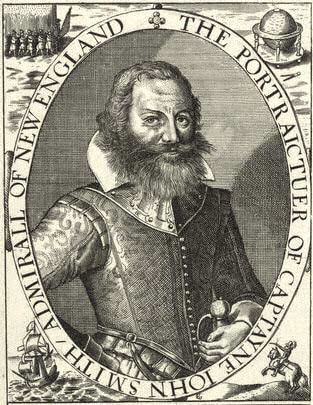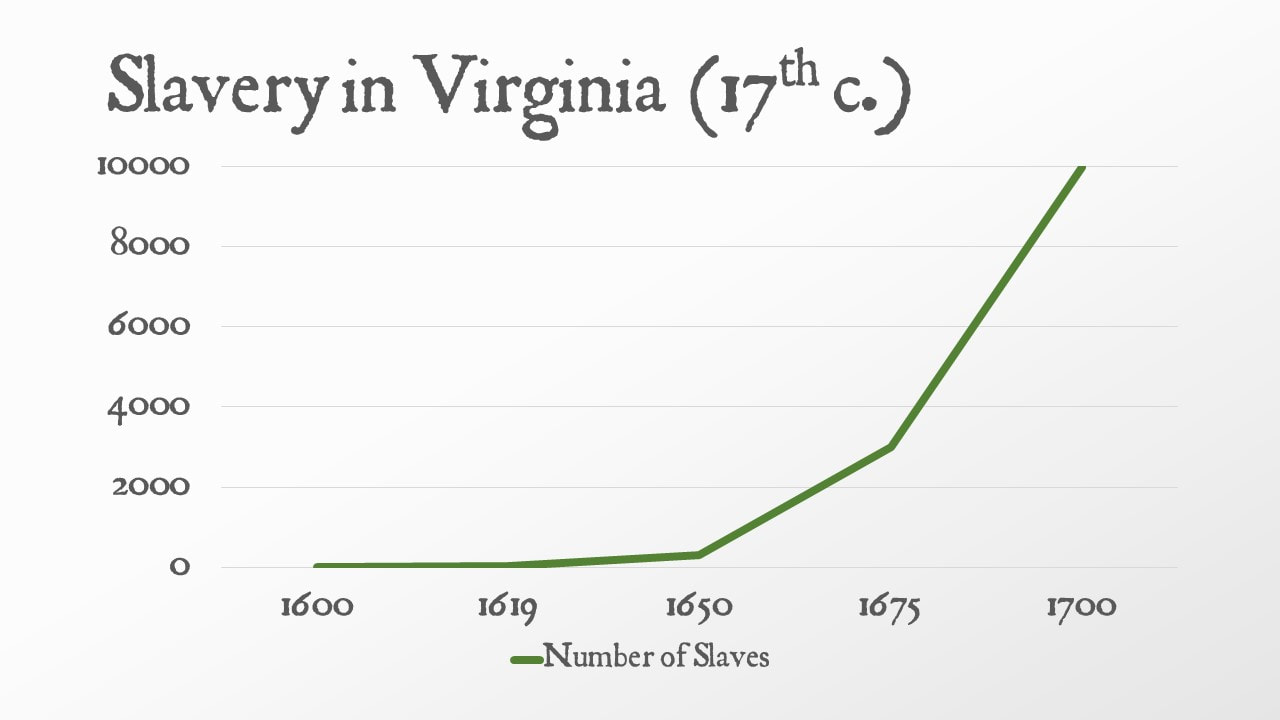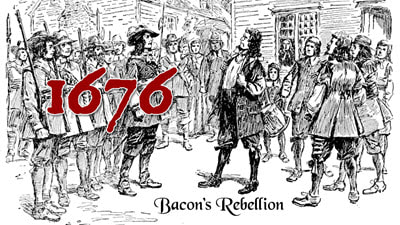The British Empire's Rough StartIn the nineteenth century, the British presided over the largest empire in history. It was often written around that time that “the sun never sets on the British Empire.” But this was not always the case. As with many success stories, the construction of the British Empire began with a series of failures. During the Age of Exploration, the Spanish were the first to emerge as Europe’s preeminent colonial power. The Spanish were the first to create a permanent settlement in the present-day United States with the founding of St. Augustine in Spanish Florida in 1565.
The first settlement founded in Virginia was named Jamestown in honor of Elizabeth’s successor, James I. The colony, founded in 1607, was the first permanent English settlement in the Americas. This makes 1607 an important turning point in the history of Colonial America, as the English, who would become the dominant colonial power in North America, had finally established a permanent colonial presence.
While Smith’s leadership is credited with saving the colony in its infancy, he soon returned to England. During the winter of 1609-1610, nobody ate regardless of whether they worked or not. Only 60 of over 200 colonists survived the colony’s “starving time.” Unable to keep people alive – much less turn a profit – Jamestown was not on its way to becoming any more successful than the previous venture at Roanoke. Enter John Rolfe. Although Rolfe is more famous in pop culture for marrying Pocahontas, his agricultural innovations were much more important to the future of the colony. Previously, tobacco had been known to the English, but it had not become popular because they didn’t like how it tasted. Rolfe cultivated a sweeter strain of tobacco that became popular in England, striking “brown gold” that turned Virginia into a profitable colony with an economy driven by the cultivation of tobacco as a cash crop. Sir Walter Raleigh, while imprisoned in the Tower of London, wrote of tobacco, “It was my companion at that most miserable time.” Tobacco and the Cash Crop Labor Economy
The Virginians and the Powhatan Indians
347 English settlers were killed in this attack, including several people who were in the home of an ancestor of this writer (if he had been home, you would not be reading these lecture notes). Some colonists were luckier than others, able to find safety within the walls of palisaded plantations. The Virginia Colony survived, but the crown was not pleased with the Virginia Company’s management. In 1624, the crown revoked the Virginia Company’s charter and Virginia became a royal colony – a status that it would maintain until declaring its independence from Britain in 1776.
3 Comments
|
Tom RicheyI teach history and government Archives
May 2023
Categories
All
|





 RSS Feed
RSS Feed